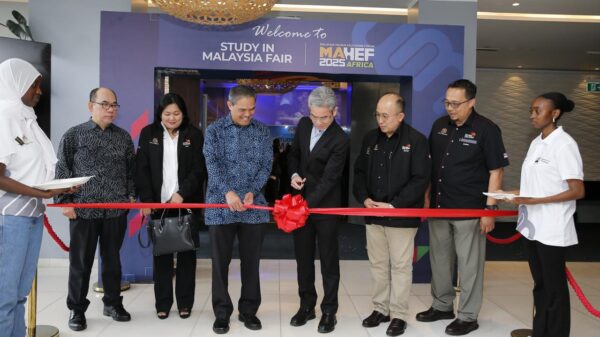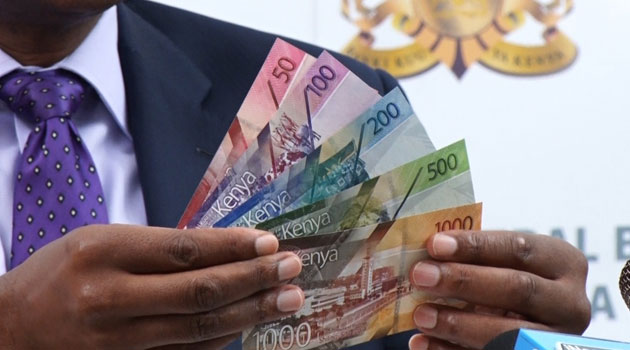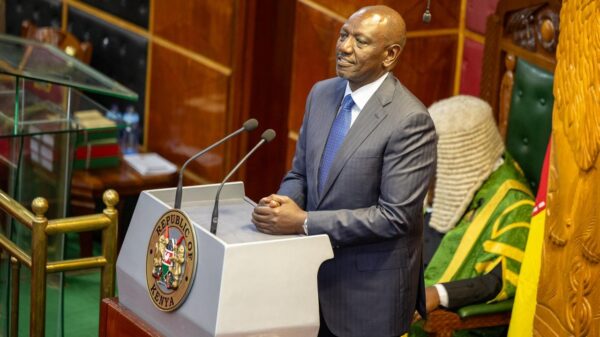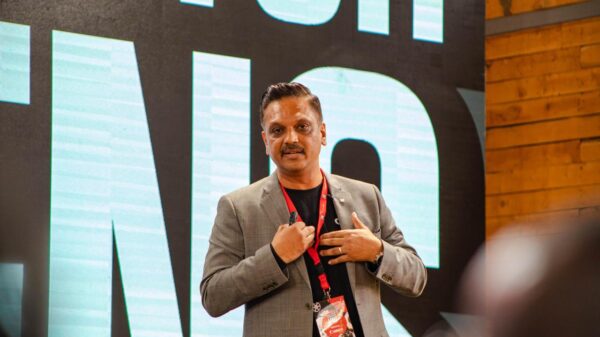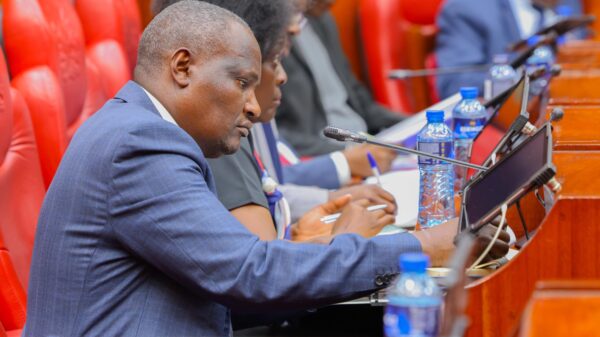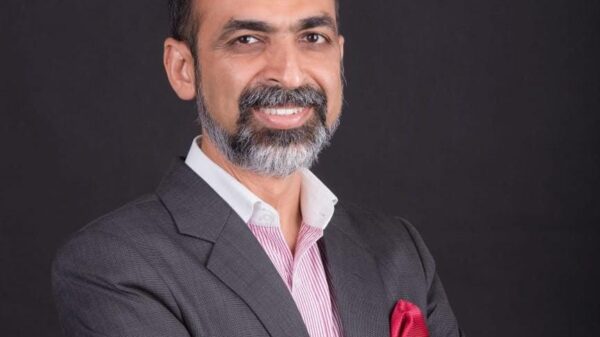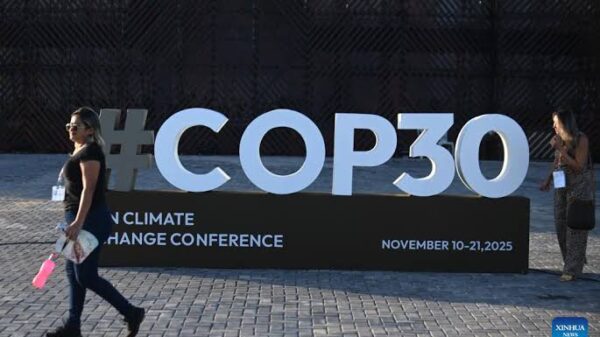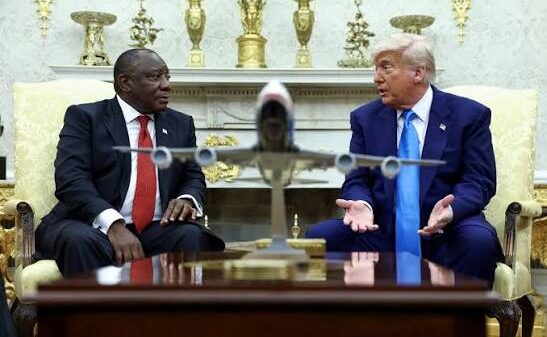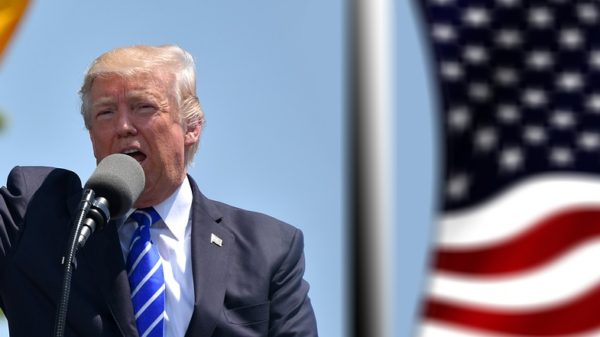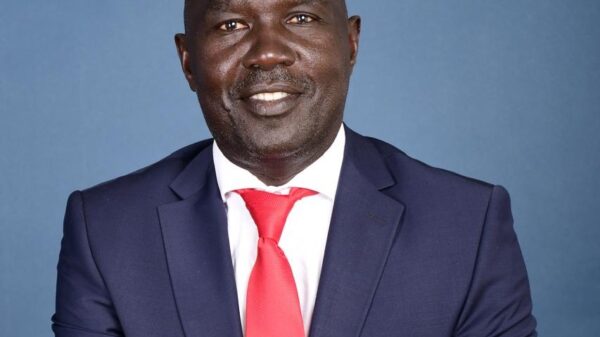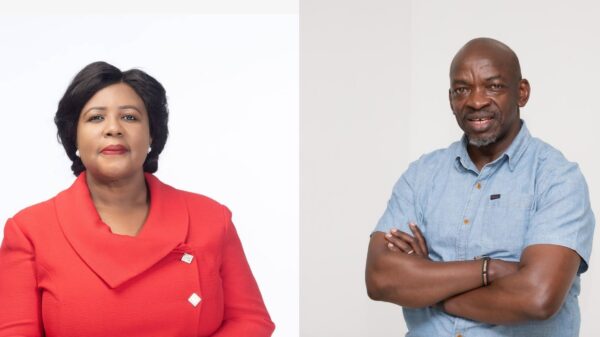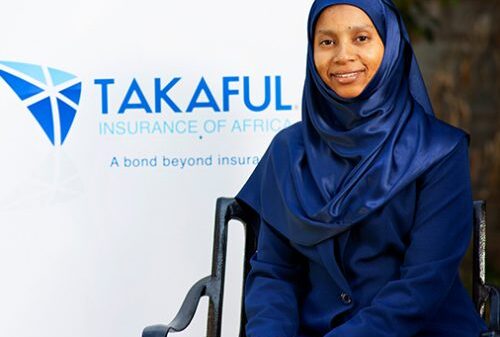NAIROBI, Kenya, Nov 23 – Climate advocates and activists at COP30 have welcomed a major breakthrough after governments agreed on a new global Just Transition mechanism designed to protect workers, communities and women as countries shift away from fossil fuels.
The Just Transition mechanism aims to ensure that the move to a low-carbon economy is fair and inclusive, supporting workers and communities dependent on fossil-fuel industries while tackling social and economic inequalities, including poverty and gender disparities.
Announced in Belém, Brazil, the mechanism is expected to guide countries in crafting transition plans across key sectors such as energy, agriculture and minerals—ensuring emissions cuts do not come at the expense of livelihoods.
Teresa Anderson, Global Lead on Climate Justice at ActionAid, called the agreement “a huge win”, saying it would be vital in ensuring climate action protects jobs and improves quality of life.
However, she cautioned that widening climate finance gaps are “throwing a spanner in the works of climate progress,” particularly in Global South countries bearing the heaviest impacts of climate change.
“COP30 in Belem has gifted the world with a major legacy, a new mechanism for just transition. It’s a huge win for the workers, women, and civil society groups who came pleading for a framework to ensure climate action also protects jobs and makes lives better,” she said.
“Amid growing economic insecurity and climate skepticism, this is exactly the signal needed to get the planet back on track… It can offer real support to countries so that they can better tackle knotty issues such as the transition away from fossil fuel,” she added.
Earlier in the week, activists intensified pressure on governments to adopt a people-first Just Transition mechanism, warning that millions of workers, Indigenous communities and women risk being left behind in decisions that directly affect their livelihoods.
The call was amplified during a “Just Transition Bingo” action organised by ActionAid and the Asian Peoples’ Movement on Debt and Development (APMDD) inside the COP30 venue.
Anderson stressed the need for inclusive processes that ensure affected groups have a voice in shaping transition policies.
“Just transition approaches put steps in place to protect people and their rights, so that they are not accidentally pushed into poverty from narrow carbon-counting approaches. It’s time for climate action to evolve and put people at the centre,” she said.
A recent ActionAid report, Climate Finance for Just Transition: How the Finance Flows, found that despite the escalating climate crisis, very little climate finance is reaching workers and communities targeted by Just Transition efforts.
ActionAid warned that if rising economic insecurity and the cost of living remain unaddressed, resistance to climate action will grow globally.
“Fossil fuel and industrial agriculture farmers and workers may feel demonised, defensive, and blamed for the climate crisis. But most are themselves overburdened, squeezed, exploited, and often trapped. Many fear that climate action will either add to their impossible burdens – or take away their livelihoods altogether,” the report said.

